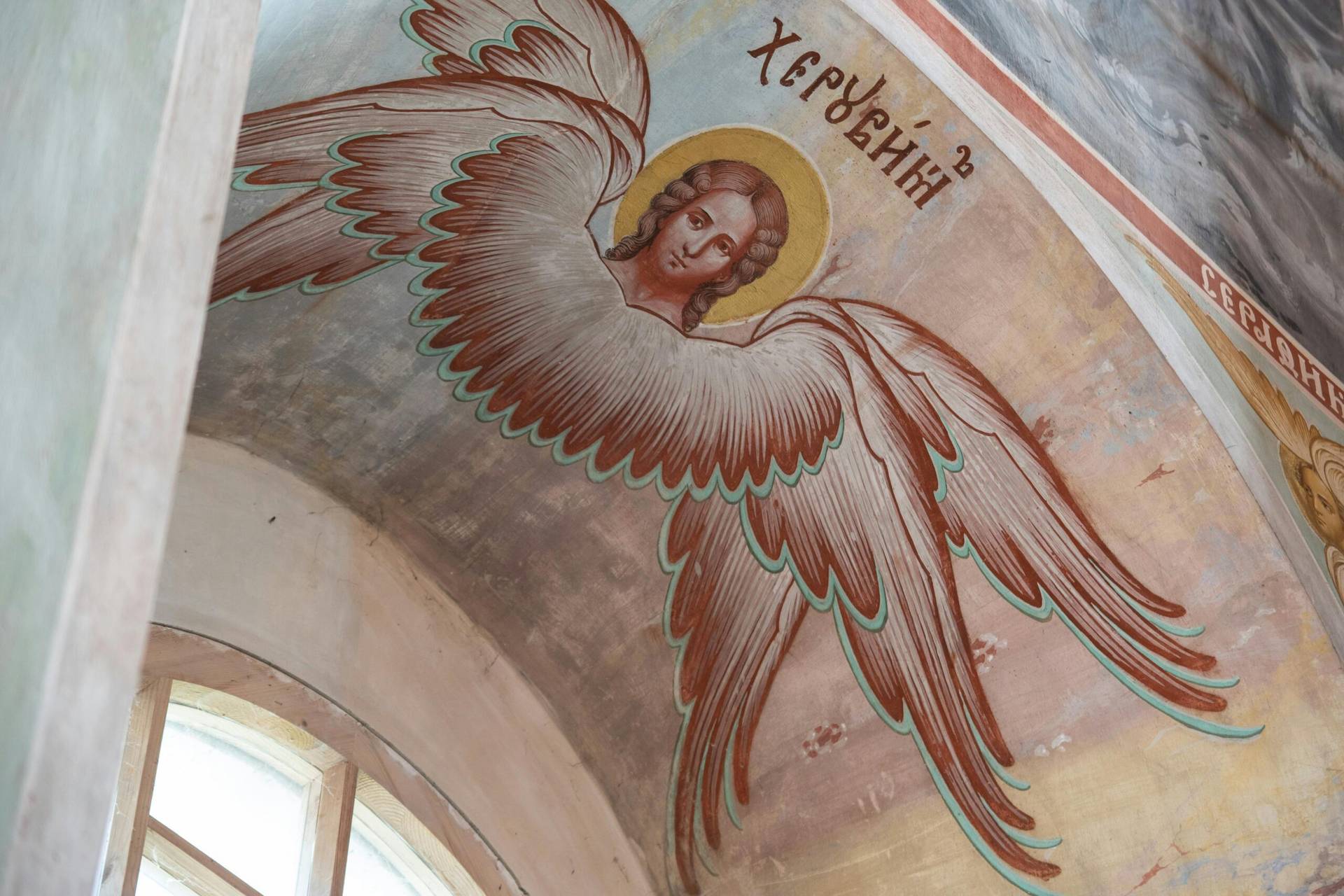As we walk through Ordinary Time, various lessons from divine wisdom are presented to us through the Church’s cycle of Scripture readings. Today, the biblical readings speak about suffering and healing. The topics touch the core of human existence.
Why do we suffer? How can God, who is all-good, allow his children to endure evil?
True to its divine origin, the Bible leaves no stone unturned when it comes to explaining human life and especially the cause of evil and suffering. As we seek to understand the reason for such hardships, we have to go to the very beginnings of creation.
The beginning of creation is a beautiful story that turned very tragic. It provides us, however, the insights we need to understand the origins of human suffering.
The Bible recounts that the heavens and the earth were created by God. They were good. He chose to crown his creation with the human person, made in his own image and likeness, with a share in his own reason and spiritual powers.
In short, humanity was created in love. We were blessed with a singular relationship with God. Created in such a way, we dwell as beings with both a soul and a body.
We are creatures that wed both spirit and matter. The early teachers of our faith rightly saw us as “an amphibian,” “a frontier being,” and “a microcosm,” since we live and pass in-between the worlds of matter and spirit.
We knew God as our loving Father. Our first parents walked with him in grace-filled fellowship. Humanity was endowed with special gifts and held a privileged status within the created world. In what is called our “original justice,” there was a harmonious balance between our bodies and souls. Because of this state, our souls held mastery over our bodies, and both our bodies and souls shared the inheritance of eternal life. As such, our bodies, as well as our souls, were immortal.
Practically, this meant that we would never get sick, suffer, or die. These were not a part of the original plan. God did not create us to suffer.
In our original state, we also dwelled in tranquility with one another, as we see in the relationship between our first parents. There was no pride, envy, gluttony, greed, lust, sloth, or wrath. The early human family—consisting of husband and wife—were without these deadly sins. All was peaceful and all was good.
In our pre-fallen state, we also possessed a peaceful rapport with the rest of the created world. We saw it as a sacred trust and cooperated with it prudently and wisely. Creation wasn’t seen as raw matter to be used and abused, but as a gift from God. We didn’t seek to be masters over the created world. We sought to exercise a tempered stewardship over the creation that was entrusted to us by our loving Father.
All of this changed with the fall from grace.
Creation was like a beautiful palace: ornate, structured, and beautiful. The fall was like a grenade being thrown into the palace, causing chaos and disorder. Within creation, the fall caused a disruption that continues through time and is the theological basis of natural evils, such as pandemics, hurricanes, etc. Within human nature, the disturbance of the fall continues and is the biblical understanding of illness and moral evil, from cancer and dementia on one hand to greed and violence on the other.
Due to the fall, creation and human nature are not fully what they were created to be. The fall has led to a disconnect between our original inheritance and our current state of being.
The grace of God can heal the fallenness of the world. While sometimes a miracle is given and the action of grace can be particularly seen, most of the time grace works within us and helps us to labor through the sufferings and sorrows of this life. The Bible teaches us that God still allows for the consequences of the fall to play itself out though time so that we can learn from its lessons, cooperate with his grace, and so receive our eternal salvation through him.
The miracles that are given to us – and that we see today in the Bible readings – are provided to us as lessons. They are not only bodily healings, but – more importantly – they are signs and reminders. Miracles point us to the spiritual healing that God seeks to do in us through his grace, such healing that brings us to eternal life.
Follow Father Jeffrey Kirby on Twitter: @fatherkirby.















